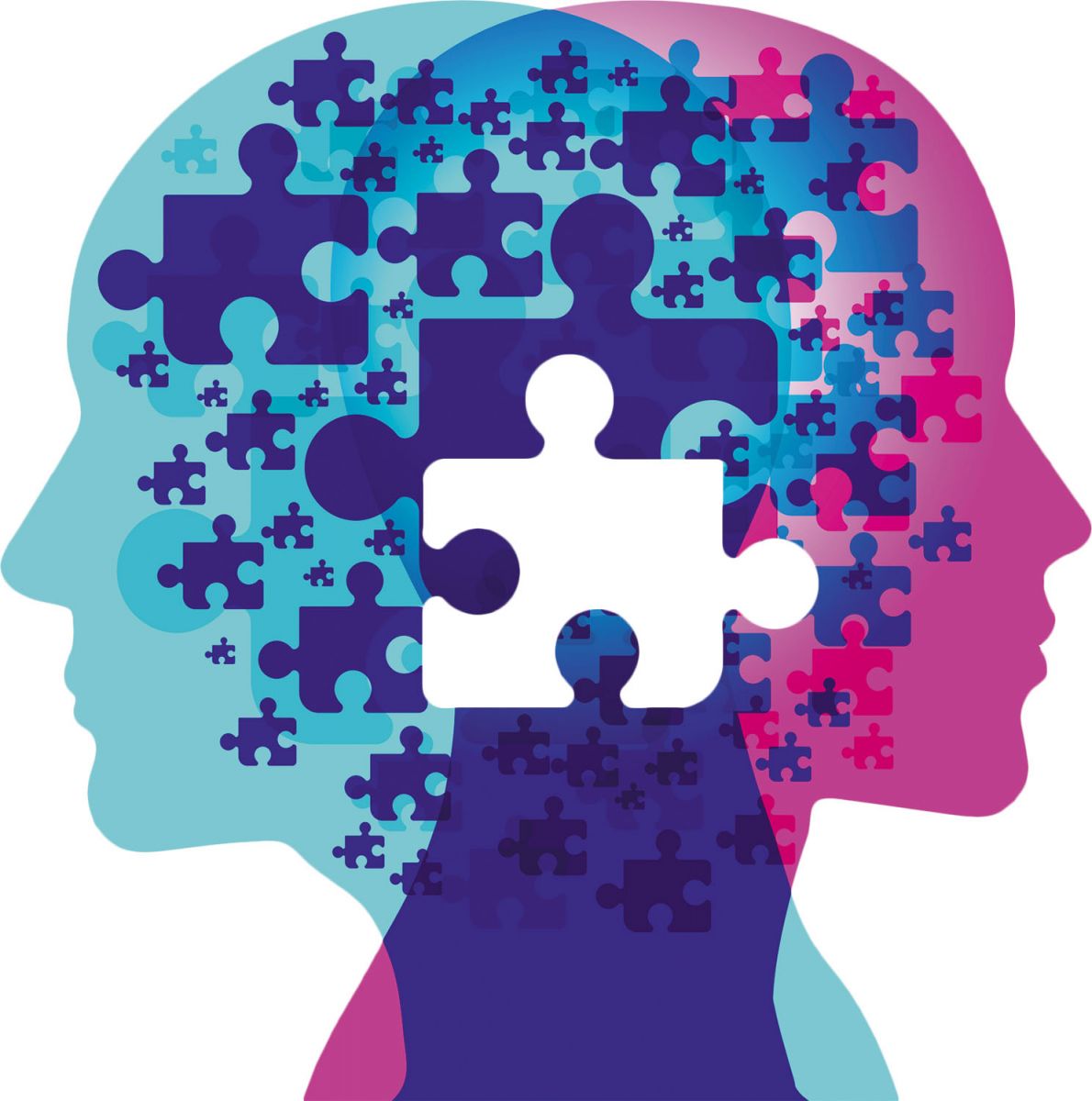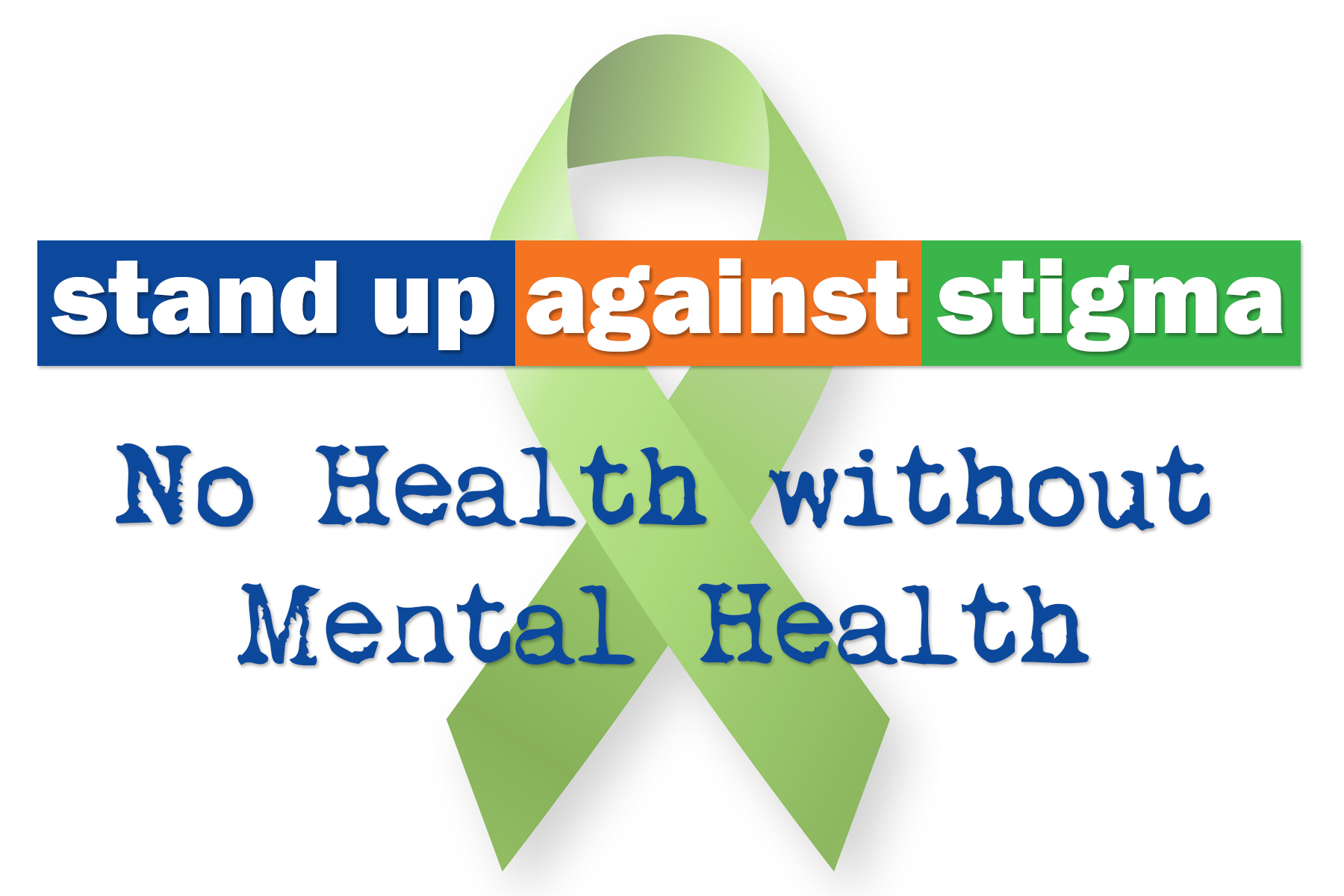Some individuals's experience of a mental health condition will have no direct connection with their work - they might have been managing their condition for a while, for example, while operating in various jobs. Similarly, personal or relationship issues might result in someone developing a mental health condition, regardless of what's going on at work.
" A healthy individual is a productive individual; they're engaged, they feel safe, they like that they're taken care of, they're concentrated on the task that they do." Steve McCann, Handling Director at Lendlease.
Mental health is "a state of well-being in which the private realizes his/her own capabilities, can handle the typical tensions of life, can work proficiently and fruitfully and is able to make a contribution to his or her neighborhood." Numerous barriers to mental healthcare make it challenging for everyone to accomplish their best mental health (how much does mental health treatment cost).
The Affordable Care Act expanded mental health protection, made it illegal to deny insurance protection for people with pre-existing conditions, consisting of mental disorder, and broadened parity. Parity suggests health strategies need to put mental health and drug abuse treatment on equal terms with other medical and surgical care. APHA supports parity as an action towards equity in health and treatment.
What Mental Health Issues Are Common In The Elderly Population for Beginners
To achieve true parity in mental health coverage and access to care, policymakers at the state and federal levels should: Enact detailed parity laws in all states. Support stricter enforcement, transparency requirements and execution. Press states to have a definition of "medical necessity" that puts a top priority on clinical practice and utilizes a behavioral health treatment model.
Fund and purchase research relating to evidence-based practices surrounding parity application and parity policy requirements for insurance provider. Provide incentives for those going into and operating in the mental health field. Community members and consumers should: Be educated about mental health parity and your state laws surrounding parity requirements. Public health agencies need to: Put programs and policies in place that surround education of parity, insurance coverage plans and mental health.
Examples of some public health efforts to enhance access to psychological health care: Take a look at our tape-recorded webinar: "Making the Connection: Environment Changes Mental Health" Discover more about APHA's Mental Health Section. Visit APHA's suicide subjects page. Discover more at mentalhealth.gov and from the http://knoxemxe641.huicopper.com/facts-about-how-does-the-musclar-ystem-affect-your-mental-health-uncovered National Institute of Mental Health. Also, the non-profit company Affordable Colleges Online uses 3 guides: Promoting Student Health, Drug Abuse in College and Suicide Avoidance in College.
Individuals can experience different types of psychological health problems or conditions, and they can often take place at the same time. Mental disorders can happen over a brief time period or be episodic. This means that the psychological health problem reoccurs with discrete beginnings and ends. Mental disorder can also be ongoing or lasting.


What Does What Is A Mental Health Technician Do?
A few of the primary types of psychological health problem and disorders are noted below; however, this list is not extensive. People with anxiety disorders respond to particular items or circumstances with worry and dread or horror. Stress and anxiety disorders include generalized stress and anxiety disorder, social anxiety, panic attack, and phobias. Attention-deficit/hyperactivity disorder (ADHD) is among the most common childhood mental illness.
Individuals identified with ADHD might have difficulty taking note, managing impulsive behaviors (might act without thinking about what the result will be), or be overly active. Behavioral conditions involve a pattern of disruptive habits in kids that last for a minimum of 6 months and cause problems in school, in your home, and in social situations.
While bad state of minds prevail, and normally pass in a short period, people struggling with mood conditions cope with more constant and serious symptoms. Individuals coping with this mental disorder discover that their mood impacts both psychological and psychological well-being, almost every day, and frequently for much of the day.
With appropriate medical diagnosis and treatment, the majority of those coping with mood conditions lead healthy, typical and efficient lives. If left unattended, this disease can impact role performance, lifestyle and numerous lasting physical health problems such as diabetes and cardiovascular disease. Consuming conditions involve obsessive and sometimes distressing ideas and habits, consisting of Decrease of food consumption Overindulging Sensations of anxiety or distress Issue about weight, body shape, bad self-image Typical kinds of consuming conditions consist of anorexia, bulimia, and binge eating.
The Greatest Guide To Link Between Mental And Physical Health How Addiction Treatment Center Do They Interact
Personality conditions include antisocial personality condition and borderline character condition. A person can get PTSD after living through or seeing a terrible event, such as war, a cyclone, physical abuse, or a major mishap. PTSD can make someone feel stressed out and afraid after the risk is over. Individuals with PTSD may experience symptoms like reliving the event over and over, sleep problems, become extremely upset if something triggers memories of the occasion, continuously trying to find possible hazards, and modifications in feelings like irritation, outbursts, vulnerability, or sensations of tingling.
They may likewise reveal indications of disorganized thinking, confused speech, and muddled or irregular motor behavior. An example of a psychotic condition is schizophrenia. People with schizophrenia might likewise have low inspiration and blunted emotions. Compound usage disorders occur when regular or duplicated use of alcohol and/or drugs triggers considerable disability, such as illness, disability, and failure to fulfill significant duties at work, school, or house.
Examples consist of drunk driving fatalities and Click for more info drug overdoses. Mental disorders and compound use conditions frequently take place together. In some cases one condition can be a contributing factor to or can make the other even worse. Often they merely occur at the same time.
Enhance psychological health through prevention and by guaranteeing access to suitable, quality mental health services. Mental health is a state of successful performance of psychological function, resulting in productive activities, satisfying relationships with other individuals, and the ability to adapt to change and to manage obstacles. Psychological health is vital to personal wellness, family and interpersonal relationships, and the capability to contribute to community or society.
4 Easy Facts About Link Between Mental And Physical Health How Do They Interact Explained
Psychological conditions add to a host of issues that may consist of special needs, pain, or death. Mental illness is the term that refers jointly to all diagnosable mental illness (how much do mental health therapists make). Mental illness are among the most common causes of disability. The resulting disease concern of mental health problem is among the greatest of all diseases.
grownups ages 18 years or older struggled with any psychological disease and 4.2% (9.8 million) struggled with a seriously incapacitating mental disorder.1 Neuropsychiatric conditions are the leading reason for disability in the United States, representing 18.7% of all years of life lost to disability and early death.2 Moreover, suicide is the 10th leading cause of death in the United States, representing the deaths of around 43,000 Americans in 2014.3,4 Mental health and physical health are carefully linked. Psychological diseases, such as.
depression and anxiety, affect individuals's ability to participate in health-promoting habits. In turn, issues with physical health, such as chronic diseases, can have a severe influence on mental health and reduce a person's capability to take part in treatment and healing.5 The existing model for comprehending psychological health and mental illness stresses the interaction of social, ecological, and hereditary aspects throughout the lifespan.